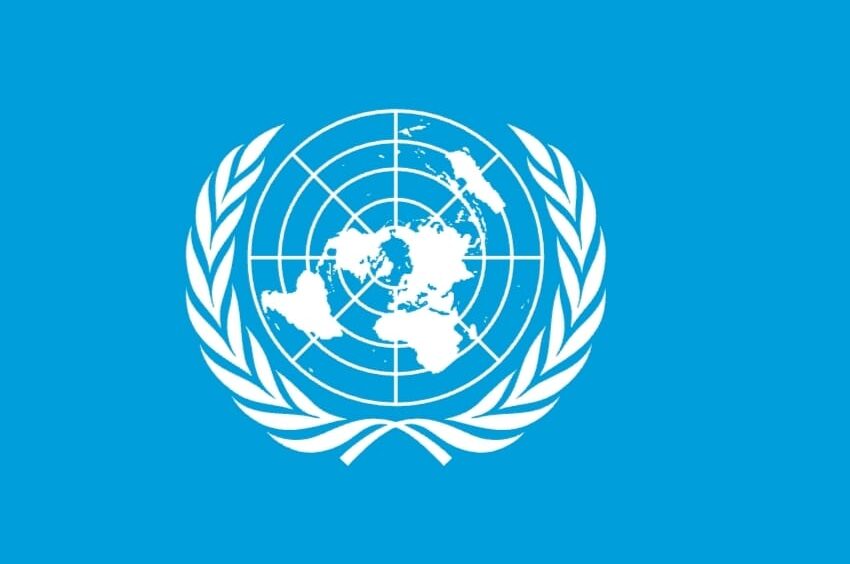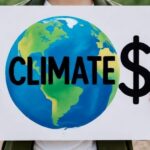Global Efforts Falling Short To Contain Temperature Rise, Warns UN

Only 64 nations have updated carbon pledges as world leaders prepare to meet in Brazil
Global efforts to limit the rise in temperatures to within 1.5 degrees Celsius are failing, the United Nations has warned in a new review of national carbon-cutting plans released ahead of next week’s COP30 climate summit in Belém, Brazil.
The report finds that only 64 countries have submitted updated climate pledges this year, despite all signatories to the 2015 Paris Agreement being required to do so. Collectively, these countries account for about 30 per cent of global emissions, far short of the comprehensive participation needed to meet the agreement’s temperature goals.
While the UN analysis acknowledges some progress in curbing greenhouse gas emissions, it concludes that the projected 10 per cent global reduction by 2035 remains insufficient to prevent temperatures from breaching the 1.5°C threshold. Scientists have long maintained that emissions must fall by at least 57 per cent by 2035 to keep that limit within reach.
“This report shows that we are going in the right direction but too slowly,” said Laurence Tubiana, Chief Executive of the European Climate Foundation and one of the architects of the Paris Agreement. “It is essential to acknowledge the missing national pledges and confront the persistent gap between ambition and actual implementation.”
The 1.5°C target, regarded as the boundary between manageable and dangerous climate impacts, was exceeded for an entire year in 2024 the first time on record. The UN now concedes that, at current rates, global temperatures are likely to remain above this level permanently by the early 2030s.
“One thing is already clear: we will not be able to contain global warming below 1.5°C in the next few years,” UN Secretary-General António Guterres told delegates at a recent World Meteorological Organisation meeting. “Overshooting is now inevitable, which means that we are going to have a period, bigger or smaller, with higher or lower intensity, above 1.5°C in the years to come.”
Despite the warning, the UN has highlighted emerging signs of progress. Several major emitters, including India and Indonesia, are expected to unveil new carbon reduction plans during COP30, which could improve the overall outlook. Experts also note that some countries, notably China, have a record of outperforming their official targets.
“There is reason to expect that some nations will overachieve their current pledges,” said Todd Stern, former US Special Envoy for Climate Change. “China often sets cautious goals and then exceeds them.”
The UN report also maintains that, for the first time since the industrial revolution, global emissions are likely to peak and begin to decline within the next few years. The existing plans, it says, provide a pathway towards achieving net-zero emissions by mid-century balancing the volume of greenhouse gases produced with those removed from the atmosphere.
The assessment includes the United States’ current pledge under President Joe Biden, even though Donald Trump has said he would withdraw from the Paris Agreement if re-elected. The UN stated that, until such a withdrawal is formalised, the US targets remain part of its global projections.
As world leaders prepare to gather in Belém next week, the UN’s review serves as a stark reminder of the widening gap between commitments and reality and the urgency of decisive action to prevent irreversible climate disruption.












































































































































































































































































































































































































































































































































































































































































































































































































































































































































































































































































































































































